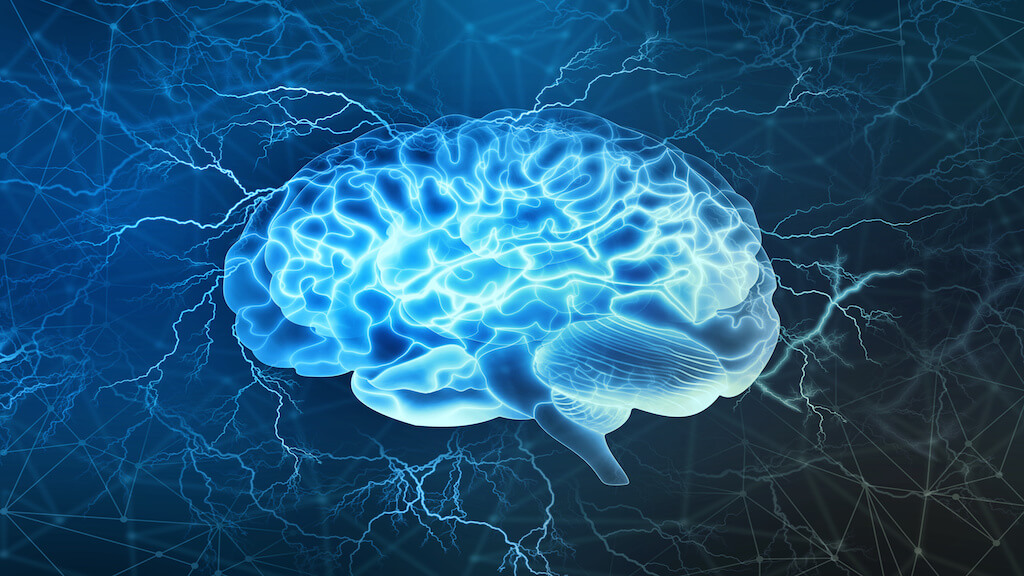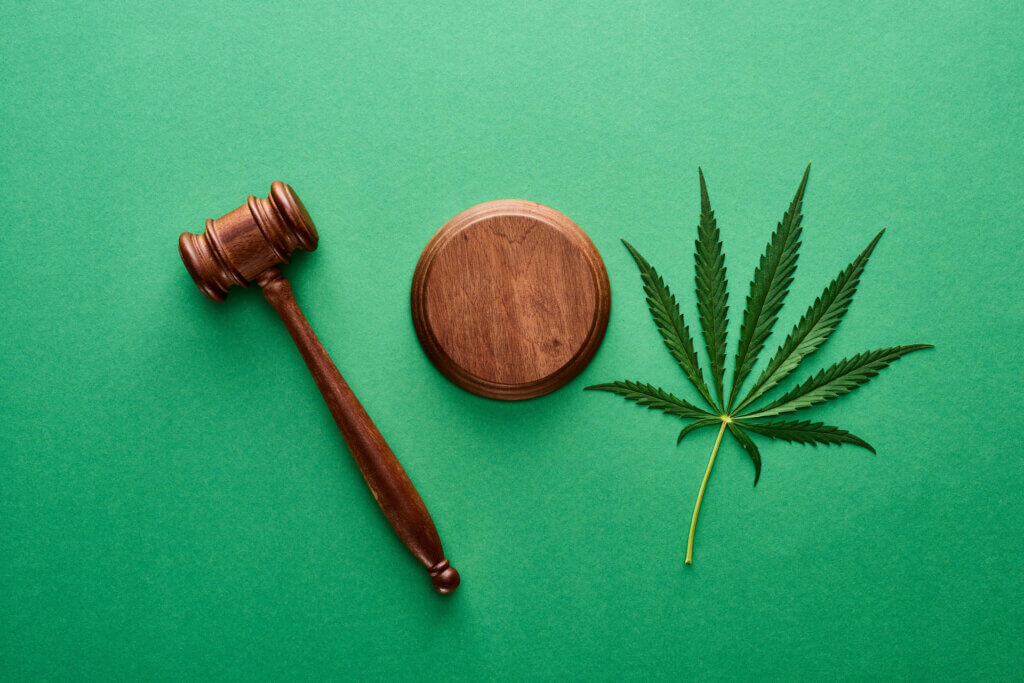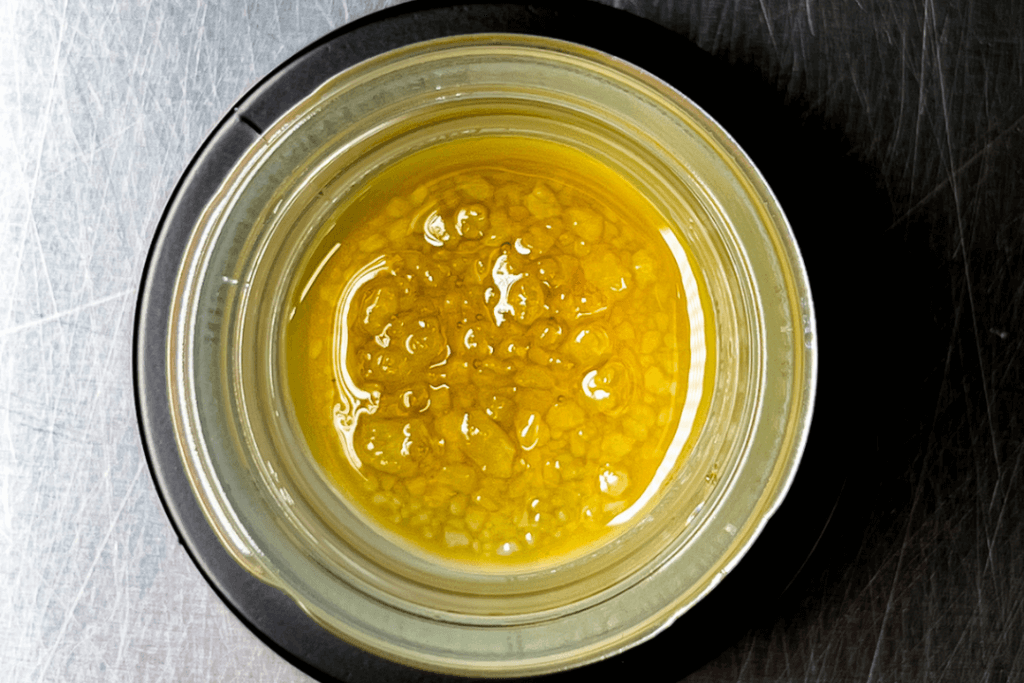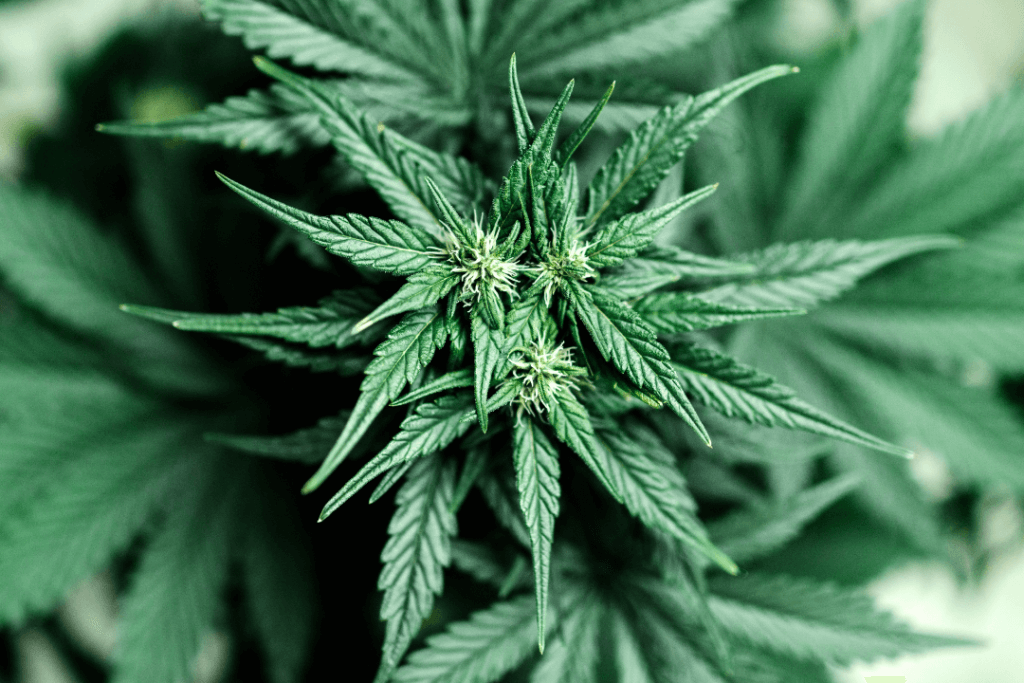One of the most common reasons people try to deter others, especially young people, from using cannabis is the idea that cannabis kills brain cells. Children are even taught in educational substance abuse programs to tell their friends, “No, thanks, I’d like to keep all of my brain cells,” preparing themselves for when they would inevitably be peer-pressured by their friends to smoke marijuana.
While there are studies that show heavy cannabis use as an adolescent can change the brain, this idea that cannabis “kills brain cells” was perpetuated by a study conducted by Dr. Robert Heath in 1974. His research explored the effects of high-dosage cannabis exposure on a monkey’s brain. The study reported that structural changes were found in the monkey’s brain cells, not the actual killing of brain cells like people claim.
So Does Cannabis Kill Brain Cells?
The idea that cannabis kills brain cells was hinged off this research by Dr. Heath. The Nixon administration’s National Institute of Drug Abuse (NIDA) used this study as their “cannabis kills brain cells” poster child. Some claim the Nixon administration even paid Dr. Heath to create these results, which at this point doesn’t hold much weight.
Regardless of the Nixon administration’s monetary involvement, there just aren’t any additional studies to back up the idea that cannabis kills brain cells other than Dr. Heath’s experiment. In fact, more recent studies have conflicted with this idea entirely. Dr. William Slikker of the National Center of Toxicological Research exposed monkeys to cannabis in high doses for one year. The study reads, “In the monkey brain, we found no alterations in the concentration of neurotransmitters in caudate nucleus, frontal cortex, hypothalamus or brain stem.”
BBC reported in 1974, “[Dr. Heath’s] findings of permanent brain damage have been dismissed by similar, independently conducted studies. But other scientists have argued these methods of animal research are inconclusive.”
What Other Effects Might Cannabis Have on the Brain?
Dr. Mooney of UCLA partnered with Mashable to answer this question. “I don’t think the message to the public should be a dramatic one of cannabis killing brain cells,” said Dr. Mooney. “But I do think it’s important for the public to be aware of a balanced understanding of potential risks of cannabis use.” Dr. Mooney further explained that there is some evidence that marijuana use can negatively impact the brain, but that the need for more research, especially for longtime users, is necessary for drawing a conclusion.
The Effect of Cannabis on a Young Person’s Developing Brain
A huge argument for cannabis use and negative brain changes is that of an adolescent’s use and how it impacts their developing brain. While there are studies that show this is possible, it is also important to point out that it is still inconclusive.
This study, for example, says that “several recent studies have found no evidence that adolescent cannabis use or dependence was associated with IQ decline or neurocognitive performance. A study by Meier et al. of co-twins discordant for cannabis use, found little evidence that cannabis use was associated with impaired executive function between, and suggested that family background may explain the lower neurocognitive performance often reported in cannabis users. Another group investigated associations between adolescent cannabis use and IQ and educational attainment and found no association.”
In other words, some studies find correlations between cannabis use and adolescent cognitive decline, and others do not. This piece of research also emphasizes the need for long-term research on the adolescents who are studied.
The Argument that Cannabis Positively Changes the Brain
Some research actually creates a valid argument for cannabis positively impacting the brain, specifically by igniting the process of neurogenesis or the creation of neurons in the brain. This study says, “A body of data indicates that cannabinoid ligands control cell genesis in the adult brain, regulating cell proliferation and overall neurogenesis in the mammalian brain.” According to this same study, the cannabinoid system plays a central role in adult neurogenesis processes in the hippocampus and lateral ventricles. “Indeed, cannabinoids have clear modulatory roles in adult neurogenesis, probably through activation of both CB1 and CB2 receptors.”
Another study reads, “Recent studies have shown that THC can promote neurogenesis, restore memory, and prevent neurodegenerative processes and cognitive decline in animal models of Alzheimer’s disease. CBD also improves cognition in preclinical models of cognitive impairment in schizophrenia. To reconcile these seemingly contradictory results, it has been suggested that THC modulates memory and cognition in an age- and dose-dependent manner.”
The Conclusion?
Ultimately, the hard science is still unverified. However, we know that cannabis has fewer side effects than many other commonly prescribed drugs. Most human beings can safely collaborate with their doctor to find a cannabis treatment that works for them, without much of a risk.











